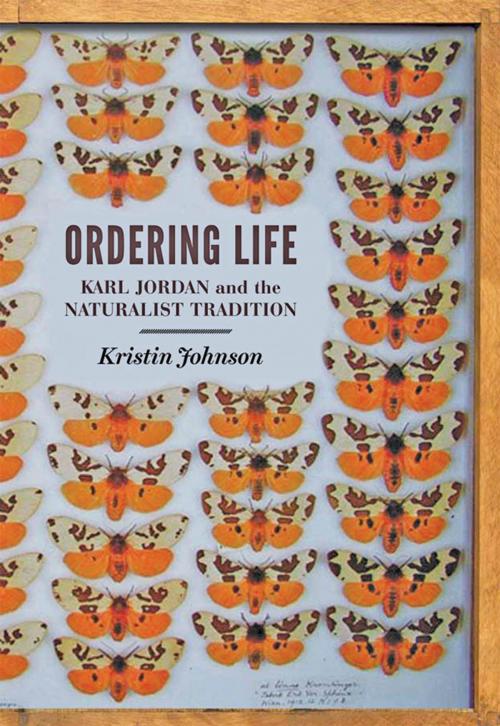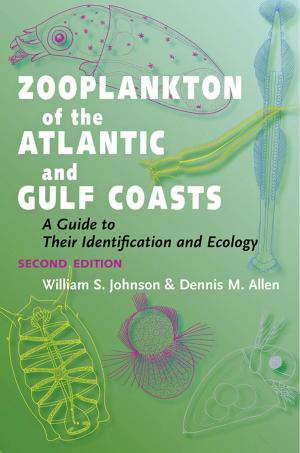Ordering Life
Karl Jordan and the Naturalist Tradition
Nonfiction, Science & Nature, Science, Other Sciences, History, Nature| Author: | Kristin Johnson | ISBN: | 9781421406503 |
| Publisher: | Johns Hopkins University Press | Publication: | August 15, 2012 |
| Imprint: | Language: | English |
| Author: | Kristin Johnson |
| ISBN: | 9781421406503 |
| Publisher: | Johns Hopkins University Press |
| Publication: | August 15, 2012 |
| Imprint: | |
| Language: | English |
For centuries naturalists have endeavored to name, order, and explain biological diversity. Karl Jordan (1861–1959) dedicated his long life to this effort, describing thousands of new species in the process. Ordering Life explores the career of this prominent figure as he worked to ensure a continued role for natural history museums and the field of taxonomy in the rapidly changing world of twentieth-century science.
Jordan made an effort to both practice good taxonomy and secure status and patronage in a world that would soon be transformed by wars and economic and political upheaval. Kristin Johnson traces his response to these changes and shows that creating scientific knowledge about the natural world depends on much more than just good method or robust theory. The broader social context in which scientists work is just as important to the project of naming, describing, classifying, and, ultimately, explaining life.
For centuries naturalists have endeavored to name, order, and explain biological diversity. Karl Jordan (1861–1959) dedicated his long life to this effort, describing thousands of new species in the process. Ordering Life explores the career of this prominent figure as he worked to ensure a continued role for natural history museums and the field of taxonomy in the rapidly changing world of twentieth-century science.
Jordan made an effort to both practice good taxonomy and secure status and patronage in a world that would soon be transformed by wars and economic and political upheaval. Kristin Johnson traces his response to these changes and shows that creating scientific knowledge about the natural world depends on much more than just good method or robust theory. The broader social context in which scientists work is just as important to the project of naming, describing, classifying, and, ultimately, explaining life.















